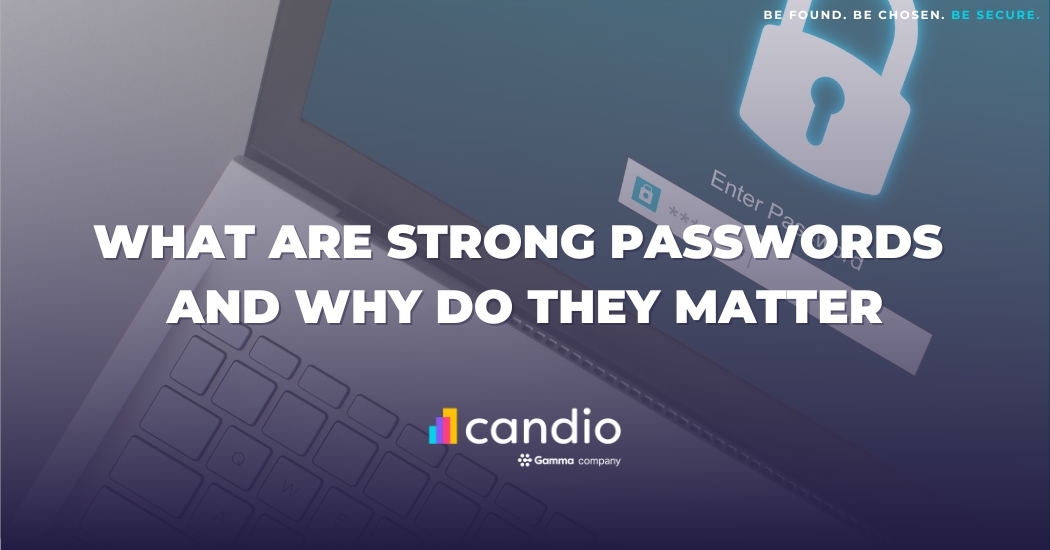In today’s digital age, our lives are more interconnected than ever. We manage our finances, communicate with loved ones, store personal data, and even control our smart homes through online platforms.
With this increased reliance on the internet, the importance of strong passwords cannot be overstated. A strong password is your first line of defense against cyber threats like hacking, identity theft, and unauthorised access to your accounts.
But what exactly constitutes a strong password, and how can you ensure that your online presence is secure? Let’s explore.
The Anatomy Of A Strong Password
A strong password is a complex, unique, and hard-to-guess string of characters that protects your accounts from unauthorized access. Here are the key characteristics of a strong password:
- Length
- The longer your password, the better. A password should be at least 12 characters long, though 16 or more is preferable. Longer passwords are exponentially harder for attackers to crack.
- Complexity
- A strong password includes a mix of uppercase letters, lowercase letters, numbers, and special characters (like @, #, $, etc.). This diversity in characters makes it more challenging for attackers to guess your password through brute force methods.
- Unpredictability
- Avoid using easily guessable information such as your name, birthdate, or common words like “password” or “123456.” Strong passwords should be random and not based on personal information.
- Uniqueness
- Each of your accounts should have its own unique password. Reusing passwords across multiple sites is risky because if one account is compromised, all other accounts with the same password are vulnerable.
Why Are Strong Passwords Important?
- Protect Against Brute Force Attacks
- A brute force attack is when a hacker tries every possible combination of characters until they find the correct password. The more complex and longer your password, the more time and computational power it takes to crack it. A strong password can make brute force attacks practically impossible within a reasonable timeframe.
- Guarding Against Phishing
- Phishing scams are designed to trick you into revealing your password to a fraudulent entity. Even if a scam succeeds, having different passwords for different accounts limits the damage. Strong, unique passwords ensure that the breach of one account doesn’t compromise others.
- Mitigating The Impact Of Data Breaches
- Data breaches are becoming increasingly common. When a company’s database is compromised, and passwords are stolen, attackers often use the stolen data to access accounts elsewhere. If you have unique, strong passwords, your other accounts remain safe even if one is breached.
- Protecting Personal Information
- Many people store sensitive information online, from financial details to personal messages. A strong password ensures that your private data remains confidential and secure.
How To Create And Manage Strong Passwords
Creating and remembering strong passwords can be daunting, especially when you need a unique one for each account. Here are some strategies to help:
- Use A Password Manager
- Password managers can generate, store, and autofill strong passwords for you. This allows you to create complex and unique passwords without the burden of having to remember them all.
- Create Passphrases
- A passphrase is a sequence of random words strung together (e.g. “HorseBatteryStapleYellow”). Passphrases can be easier to remember than random characters but still provide strong security, especially if they are long and nonsensical.
- Regularly Update Passwords
- Changing your passwords periodically can add an extra layer of security. If an old password has been compromised, regular updates ensure that the breach doesn’t last long.
- Enable Two-Factor Authentication (2FA)
- 2FA adds an extra step to your login process, usually by requiring a code sent to your phone or generated by an app. Even if someone manages to obtain your password, they won’t be able to access your account without the second factor.
Conclusion
Strong passwords are a crucial part of digital security. They are your best defense against a wide range of cyber threats, from hacking and phishing to data breaches.
By understanding what makes a password strong and implementing best practices for password management, you can significantly reduce your risk of falling victim to cybercrime.
Remember, in the digital world, a strong password isn’t just a safeguard—it’s a necessity.
